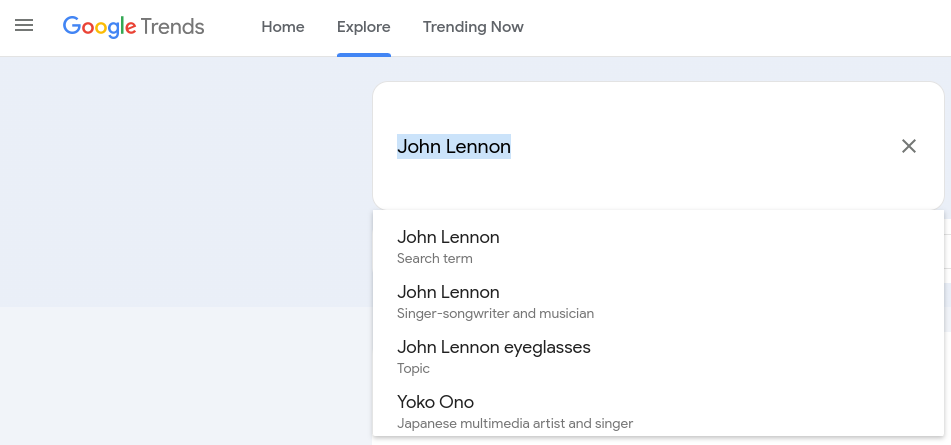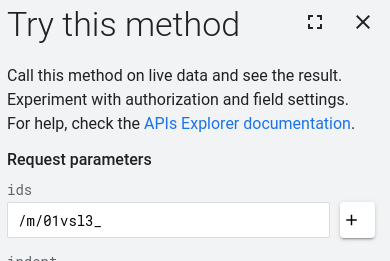Published:
Updated:
by Wayne Smith
General Information on Panel
The Google Knowledge Panel is the information box that mostly appears on the right side of Google search for people, places, and things. It appears when Google has confidence the intent of the search should include this information, to provide a quick snapshot of information, which provides a topic based on Google's understanding of the topic. It is generated for terms Google has enough traffic to be of interest to Google. The information is based on numerous sources, (including schema). Each panel is associated with a unique ID or machine-readable entry ID (MREID), or kgmid.
Discovering or finding the MREID or kgmid
Referencing either a url as the value for and appropriate property pointing at the google panel URL, https://www.wikidata.org/ url, or using the @id that is used as the machine-readable entry ID for a schema can help make the schema unambiguous as to what unique person, place or thing the schema data applies to. However, Google is extremely good at determining what data goes with what, it is never harmful to be helpful, but if you don't know you can leave the @id blank, and allow the knowledge panel to make the association. If you must have an @id for your software it is best practice to use the URL followed by # and the property name so each @id is unique.
Going to Google Trends and searching for John Lennon gives search volume for the search term. Selecting the search field provides a drop-down of different Panels.

Selecting John Lennon - Singer-songwriter and musician brings up the search volume for that topic. The q= value is the unique identifier.

In this case "%2Fm%2F01vsl3_" and using google search with "kgmid=%2Fm%2F01vsl3_" brings up the topic.

Someone who can verify their identity can claim the knowledge panel to correct errors or omissions. Sending feedback can also be used to suggest corrections. Both options are found under the three-dot drop-down menu. In the case of John Lennon, the source data is johnlennon.com and wikipedia.org/wiki/John_Lennon ... changes could be made there.

Google's Knowledge Graph API
When using Google's knowledge graph, (kg:), API the %2F are converted to "/" charactors ... The @id given by Google in the API is "kg:/m/0vs13_"

Product Reviews
Schema is one of the sources used by Google to populate the Knowledge Panel. A product review schema can both enhance listing in search and become part of the Knowledge Panel. Should I say "in some cases," or "sellers can also be," featured for reviews in the Knowledge Panel; Many people ask sales people how good the product is? Its not uncommon for them to have reviews or compair products.

Schema and Nationwide (or International) Stores
Many products have a stores button where people can navigate to a store to purchase the product. Both eBay and Walmart use schema to populate Google with products sold by affiliates. This enhances the listing in search and gets the product listed in the shopping panels.
